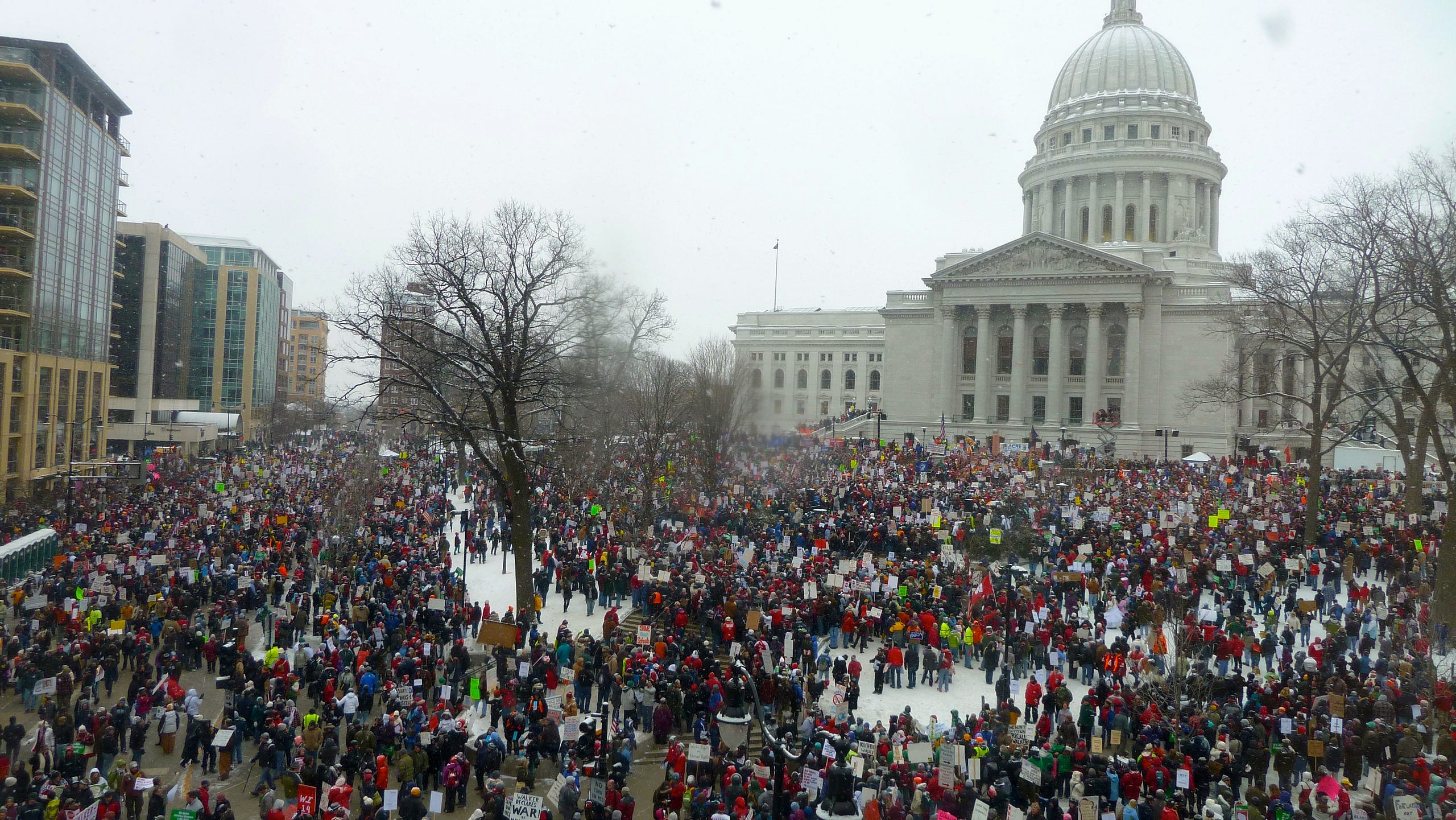
Editor’s note: the views expressed on the Opinion pages are those of our writers and are not necessarily representative of the Editorial Board.
If you are at all a culturally literate individual then you are aware that things are not exactly perfect in this nation of ours. From the (latest) largest mass shooting in our history, to wildfires destroying homes in California, to the ongoing (and underreported) crisis in Puerto Rico, the general mood of our population is grim. We, and forgive me for getting political, have a president who reportedly jokes with his vice president about hanging homosexuals and a Congress that seems more focused on denying women access to reproductive health products than on preventing acts of terror like the Las Vegas shooting. So yes, the mood is certainly grim.
According to a YouGov poll, only six percent of people think the world is improving. Additionally, the poll showed that more Americans believe in astrology and reincarnation than in global progress. Large chunks of our socio-cultural lives are falling to pieces. In an age of slavish media, click-bait headlines preach of doom. In the last few weeks on campus, I have heard people remark about how bad things are and how much “life just really sucks.” Hearing this and seeing this general attitude is upsetting. Complaint without action or effort for a better future is just noise, and at times it can be downright hypocritical.
A
Spectator
article published last February titled, “Socioeconomic divide in student body merits reform at all levels”, cited a
New York Times
graphic critiquing the relative socio-economic makeup of college campuses. The article said, “38 colleges in the United States that had more students from the top 1 percent of income than the bottom 60 percent […] number 18 was Hamilton, where 19.6 percent of the students in the class of 2013 came from families in the top percentile of wealth.”
I do not come from the top 1 percent and those reading this might not either, but the odds are very good that any one of us is much better off than the average American and certainly the average global citizen. You and I have a responsibility to be, well, more — more than a student, more than a friend, more than whatever labels you want to put on yourself. There are so many opportunities at Hamilton that I see people squander. We are afforded rare opportunities to have a positive impact on the lives of people around us and too few people capitalize on these chances.
Organizations like Hamilton Autism Advocates for NeuroDiversity (HAAND), which is made up of students striving to raise awareness about autism and who work on the weekends with children and families who are on the spectrum, are incredibly rewarding, wholesome, and all too often underrepresented and underutilized. By no means is HAAND the only student-led organization affecting positive change. Many others including BLSU, Café con Leche, Minds for Change, SMART, and SAVES are other prime examples of students doing more with their privilege.
I challenge you to join an organization like HAAND or one of the many like it on campus. I feel that it is irresponsible to be pessimistic and defeatist about the state of the world without making a concerted effort to correct what you perceive to be wrong with it. Though there are certainly events around the world that can make it feel like we have no control, that does not mean we should spurn our responsibility to ourselves and to our community to do good whereever possible.
As individuals, we have very few opportunities to create change on a macroscopic level, but it is when we come together and plug into our communities that positive change comes about.

















